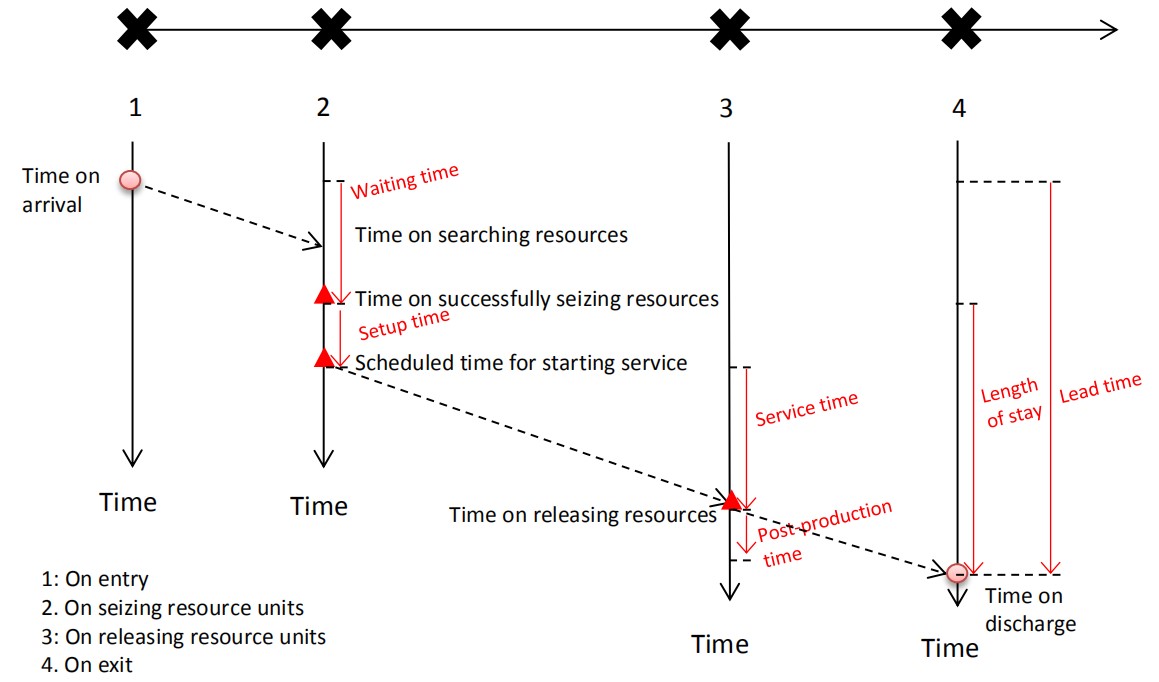Serious Gaming of Logistics Management in Pediatric Emergency Medicine
DOI:
https://doi.org/10.17083/ijsg.v7i1.334Keywords:
Serious game, production simulation, pediatric emergency medicine, strategic management, workAbstract
Access blocks throughout the entire healthcare system and overcrowding issues are pervasive in many emergency departments where the coordination and strategic management of resources could be supported by serious games and simulations approaches. However, existing studies have not addressed the reciprocal relation between patient inflow and working systems in serious games design in order to reflect the logistical features of an emergency department and to facilitate the players improve the work performance of the system. To address the issue, this paper presents a serious game based on a multi-method simulation approach of complex healthcare processes as well as the game mechanics selected to promote understanding the logistical features of an ED, which points to the next level of conducting simulations or gaming aimed for training decision making skills in operative environments. Results of the experiment confirmed that the serious game encouraged participants to proactively manage the human resources of the emergency department. Certain managerial recommendations can be made: a patient flow multiplier of 120% could lead to a significant erosion of the system’s defensive ability; however, proactive anticipation from management is the key for making an emergency organization more resilient.

Downloads
Published
Issue
Section
License
Copyright (c) 2020 Cevin Zhang, Karin Pukk Härenstam, Adam S Darwich, Sebastiaan Meijer

This work is licensed under a Creative Commons Attribution-NonCommercial-NoDerivatives 4.0 International License.
IJSG copyright information is provided here.